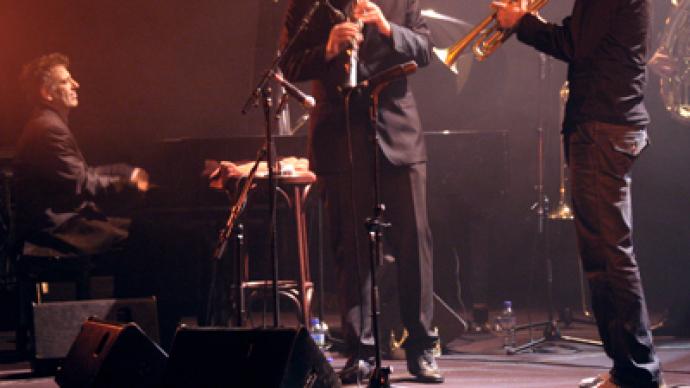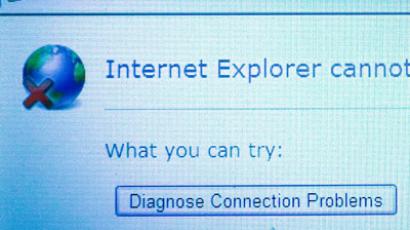Money note: Music sales only account for 6 percent of average artist’s earnings

A new online survey asking over 5,000 US musicians detailed questions about the sources of their revenue has revealed that music sales only account for 6 percent of their income.
The “Money from Music” survey conducted by Peter DiCola at the Northwestern University School of Law examined how composing, recording, performing live, session work, merchandising, teaching, managing and promoting affected a musicians bottom line in the digital age.Based on his sample of musicians, only 12 percent of their income was earned directly from copyrighted material, while 10 percent was earned from sources with a “mixed relationship to copyright.” Meanwhile, 78 percent of their revenue was generated from sources indirectly related to copyright or unrelated to copyright.More specifically, the study revealed that only 6 percent of the average musicians’ income came directly from recorded material. Lives performances, meanwhile, accounted for 28 percent.DiCola’s survey also weakens the major labels’ longstanding argument that Internet piracy has diminished the next generation of artists by discouraging them from making music a full-time career.While slightly more musicians agreed with the statements “Unauthorized file-sharing has made It more difficult for me to earn income,” and “My music has been devalued,” a higher percentage said overall, they could currently “make more money as a musician.”DiCola concludes that many musicians would not feel much of a financial effect from increased copyright protection, with the exception of the richest artists – those earning an average $330,000 a year – where 68 percent of their income is directly related to copyright.“Rather than providing marginal incentives to create to all musicians at all times, copyright law mostly affects the revenue of the highest-income musicians in a direct fashion. This is not a surprise, given the prevalence of winner-take-all markets in the entertainment industry,” DiCola writes.The recording industry’s visceral stance against downloading is reflected in the fact that they have been hit hardest by piracy. The recording Industry Association of America says music sales more than halved from 14.6 billion in 1999, when Napster was first introduced, to $7.0 billion in 2011.In what critics have described as a last ditch effort to stay afloat in the digital age, 360 deals are becoming increasingly popular, whereby labels now take a percentage of all an artist’s income, including live performances, recorded music, and any other sources of revenue in exchange for financial and promotional support.Despite his doubts concerning the connection between revenue and stronger copyright protection for many artists, DiCola believes some copyright regime is still necessary, especially for many who have carved out a specific niche in the music world.“Musical creativity takes a number of forms, not just the kinds that copyright law protects. This broader perspective should not, however, obscure the reliance on copyright for many musicians in particular subgroups.”“Those who focus their activity on composing rely on composition revenue and are much more vulnerable to harm from copyright infringement. The same goes for recording artists who rely on sales of sound recordings.”














